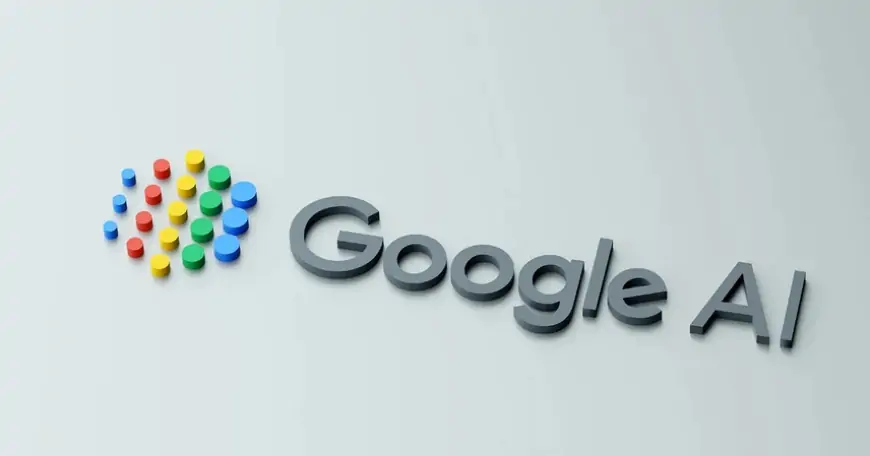Google Cloud enhances database offerings with advanced AI features
Google Cloud's Bigtable adds SQL support, while Oracle's Exadata and Autonomous databases are now hosted on Google Cloud. Plus, new tools for data streaming.

Google is hosting a version of its Cloud Next conference in Tokyo this week, focusing on enhancing its databases for AI workloads—a topic that dominates the tech industry's discussions in 2024. The updates include improvements to Spanner SQL, which now supports graph and vector search functionalities, along with extended full-text search capabilities.
In line with Google's trend of integrating its Gemini AI, the conference features new capabilities in BigQuery and Looker, aimed at improving data engineering, analysis, governance, and security tasks.
Google emphasizes that while many enterprises view generative AI as crucial for their success, they face challenges with unmanaged data that falls outside their analytics and AI strategies. According to Gerrit Kazmaier, Google’s VP and GM for database, Data Analytics, and Looker, businesses need to break free from data silos and islands to create a unified multimodal data platform. This platform should integrate both structured and unstructured data, leveraging generative AI’s strength in analyzing unstructured data and merging data at rest with real-time data processing. These new features are designed to facilitate this enterprise data flow, enhancing overall data management and utilization.
Spanner enhances capabilities with graph and vector features
Spanner, the backbone of many Google products such as Search, Gmail, and YouTube, and trusted by major clients like Home Depot, Uber, and Walmart, is now integrating advanced graph and vector capabilities. While Spanner already manages vast amounts of data effectively, the addition of vector and graph databases is essential for integrating enterprise data into generative AI (GenAI) applications and refining existing foundational models.
Andi Gutmans, Google’s VP and GM for databases, stated that the goal is to leverage Spanner’s scalability, relational model, and reliability to develop it into an optimal data platform for operational GenAI applications. The first step involves incorporating graph functionalities using the emerging GraphQL standard, enabling enterprises to enhance their GenAI applications and foundational models with retrieval augmented generation (RAG), the current standard for such tasks.
Spanner now also features full-text and vector search capabilities, with vector search supported by Google's ScaNN algorithm. Google describes these updates as transforming Spanner from a highly available and scalable database into a multi-model database with intelligent features that seamlessly support a new class of AI-powered applications.
Additionally, Spanner is introducing a new optional pricing model called “Spanner editions.” This tiered pricing approach provides greater flexibility compared to the previous single-region and multi-region offerings, which included various features such as replication.
Bigtable introduces SQL support
On Thursday, Google unveiled a significant update to Bigtable, its NoSQL database designed for handling unstructured data and latency-sensitive workloads. The new update integrates SQL support, specifically GoogleSQL, Google's proprietary SQL dialect, simplifying database management for developers. Previously, querying Bigtable required using its API, but now it supports around 100 SQL functions, streamlining the development process.
Google Cloud now hosts oracle exadata and autonomous database services
Google Cloud has announced that it will now offer hosting for Oracle’s Exadata and Autonomous database services within its own data centers. This move allows users to connect their applications between Google Cloud and Oracle Cloud, increasing Google Cloud's workload while ensuring Oracle continues to collect licensing fees from these users, even if they are not utilizing Oracle's cloud infrastructure.
Additionally, Google Cloud is now supporting open-source Apache Spark and Kafka for data streaming and processing. It also introduces real-time streaming capabilities via Analytics Hub, Google’s platform for securely sharing data across organizations.












































